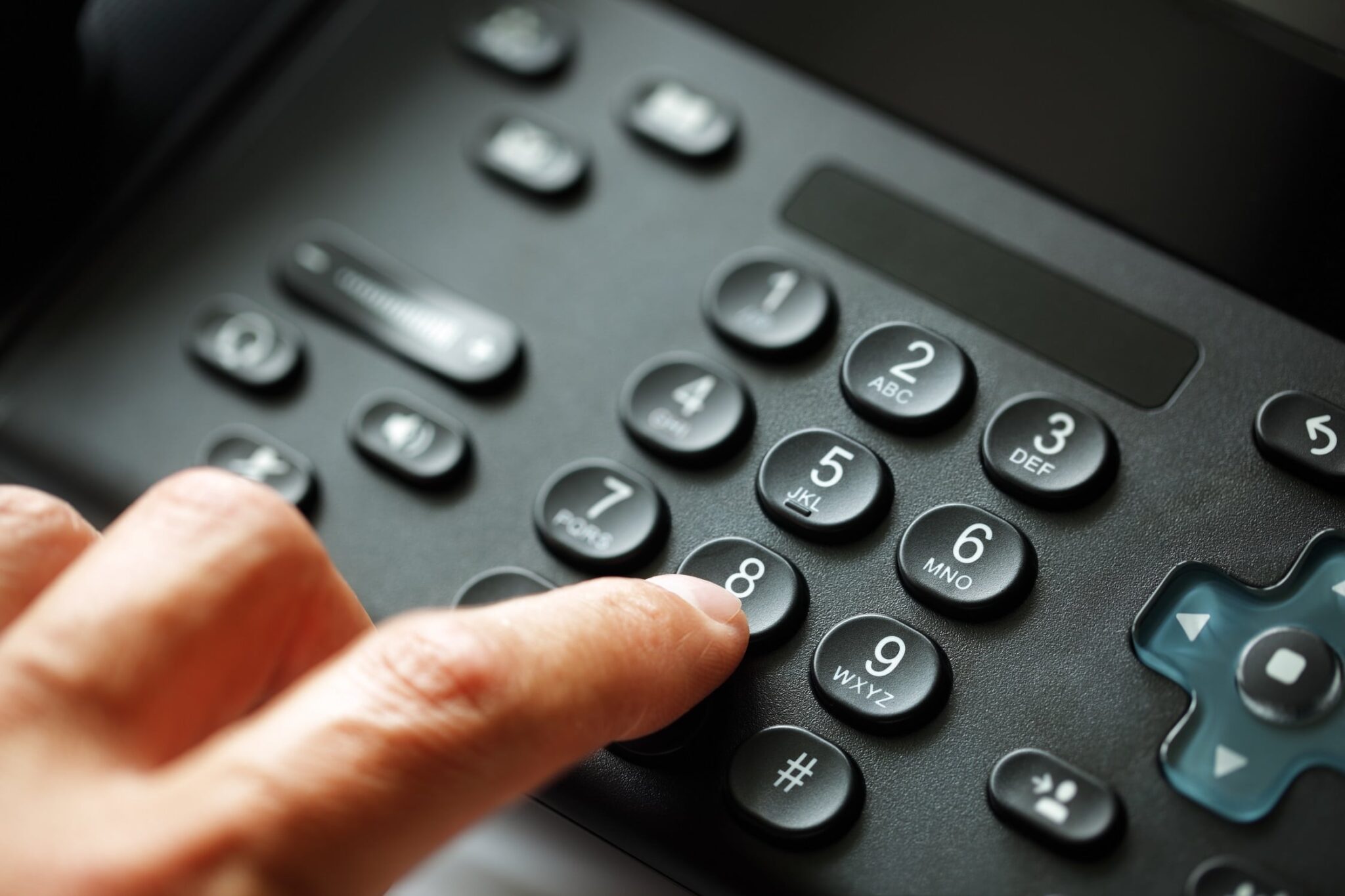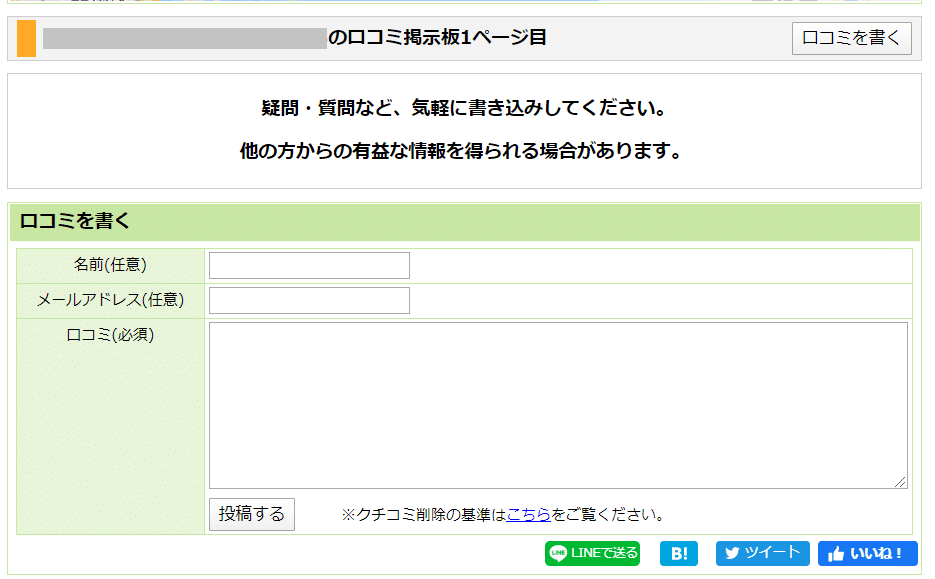How to Identify the Poster of 'Japanese jpnumber (Japanese Phone Number Search)' and the Average Cost of Legal Fees

JPNumber is a website where you can identify businesses or individuals by searching with a phone number. Many people have used JPNumber to identify the origin of a call from an unknown number, using it as a basis for deciding whether to return the call. On this site, it is also possible to post reviews about the owner of the phone number. Therefore, there is a possibility of defamatory posts and resulting reputational damage. How should one go about identifying the person who posted the review? In this article, we have summarized the methods for identifying posters on JPNumber and the average cost of legal fees.
What is jpnumber (Japanese Phone Number Search)?

jpnumber is a site where you can post reviews about a particular phone number, the business operator, and the content of the calls made from that number. Reviews can be posted for free without registration, and there is no pre-screening. Therefore, the credibility of the information is honestly questionable. The site’s terms of use also state, “Please use your own judgment as numbers that are not actually nuisance calls may be included.” You can also search for phone numbers by entering company names, store names, addresses, etc. in the search window. In addition, jpnumber has released a smartphone app, and if installed, you can check company information and reviews on the incoming call screen. There are pages for “User Guide” and “Contact Us,” but no information about the operation is listed, and the operator is unknown.
Examples of Defamation on jpnumber (Japanese Phone Number Search)
Many of the reviews posted on jpnumber pertain to the content of calls received from the numbers listed. Often, these reviews contain negative comments, which can be considered defamatory. For instance, there may be posts claiming that the calls are part of fraudulent activities such as transfer scams or one-click scams. If these allegations are true, the posts can be seen as legitimate contributions to public interest. However, there are also cases where such posts are made out of malice or misunderstanding, even when the call was simply a reminder for a customer who had failed to pay their bills. Additionally, there are numerous posts stating, “This number is for sales calls.” While there is no issue if the number is indeed used for push sales, such posts can also be made when the call was merely a response to a customer inquiry. If neither of these activities are actually taking place, these actions could potentially damage a company’s reputation significantly.
Furthermore, as jpnumber is also used as an anonymous bulletin board, there are instances where posts go beyond the content of the calls and defame the reputation of companies or executives. For example, a student who was rejected by a company or a former employee might post negative comments with the intention of causing reputational damage. As jpnumber is a site with strong SEO, a student searching for a company name could end up on jpnumber, find negative reviews about the company they were considering applying to, and change their mind about their application. This is a plausible scenario given the circumstances.
Procedure 1 for Identifying Posters: Request for IP Address Disclosure
What is an IP Address?
The first step in identifying a jpnumber reviewer is to request the disclosure of their IP address. An IP address is a number assigned to devices such as computers and smartphones connected to the Internet. It serves a role similar to a physical address on the Internet.

On jpnumber, it is possible to post anonymously. There is no need to register, so the site does not hold personal information such as the poster’s address or name. Therefore, even if a request for information disclosure is made directly to the site, it is meaningless as the site does not possess any information to disclose.
Request for IP Address Disclosure through Provisional Disposition Procedure
When requesting the disclosure of an IP address, it is generally necessary to go through a court procedure. On jpnumber, if there is a clear violation of the law or the site’s terms of service, they will comply with a deletion request if contacted via email. However, as a rule, direct requests to the site for IP address disclosure are not permitted. For details on how to delete jpnumber reviews, please read the article below.
https://monolith.law/reputation/jpnumber-reviews-deletion[ja]
This court procedure uses a provisional disposition, a faster process compared to a trial. While trials take time because they involve court deliberations, provisional dispositions can be completed in about 1-2 months. On the Internet, it is said that the average attorney’s fee for a provisional disposition is
about 300,000 yen for the initial fee, and about 300,000 yen for the success fee
https://monolith.law/reputation/reputation-lawyers-fee[ja]
The above costs are for when you are requesting both the disclosure of the IP address and the deletion of the review at the same time. In the case of review deletion, the cost can vary depending on the content and quantity, so be aware. If the review you want to delete is long, the cost may increase accordingly.
Need to Assert and Prove that the Post is Illegal
In order to successfully request the disclosure of an IP address through a provisional disposition procedure, you must prove that the post violates the law. Be aware that disclosure is only granted if the post is deemed illegal. On the other hand, when requesting deletion through an application to the site, if you can prove that it violates the site’s terms of service, it can be deleted, not just if it’s illegal. On jpnumber, the following terms of service are in place:
Criteria for Review Deletion
https://www.jpnumber.com/guide/[ja]
Inappropriate Content: Do not post reviews that contain illegal content or links to such content. In addition to these types of reviews, reviews that include plagiarism or copies from other sites may also be subject to deletion.
Advertising or Spam: Do not use reviews for advertising, post the same or similar reviews to multiple shops or companies, post false reviews with the intention of manipulating ratings, or include links to other websites.
Issues of Interest: Valuable reviews are unbiased and honest. Regardless of the motive, biased reviews lose their credibility.
Personal Information: According to our privacy policy, reviews that contain personal full names, addresses, or other information that can identify specific individuals are subject to deletion.
If the content of the review violates the above terms, it may be possible to delete it without proving it’s illegal.
On the other hand, in order to be granted a request for IP address disclosure, it is essential to discuss why the post can be considered illegal and what should be prepared as evidence. Such assertions are difficult to judge by amateurs, so it is advisable to consult a professional lawyer who is experienced in dealing with online defamation.
Procedure 2 for Identifying Posters: Prohibition of Log Deletion

If the IP address of the device that made the post in Procedure 1 can be identified, it will be clear which provider was supplying the internet environment. Although it’s not always the person themselves, there is a very high possibility that the subscriber of the provider is the person who made the post. Providers keep personal information such as the address and name of the subscriber who made the post. (This information is called an access log.) However, access logs are not stored permanently.
They are deleted after a certain period of time. The storage period varies depending on the provider and the type of line, but in the case of mobile lines, it is said that they are deleted after about three months. After the logs have been deleted, there is no point in making a disclosure request, so a court order to prohibit the deletion of logs will be issued. However, in many cases, it is sufficient to issue a notice saying, “We are about to request the disclosure of the poster’s information from you, so please do not delete the log.” Therefore, you should first consider issuing a notice rather than filing a lawsuit. The average attorney’s fee for a notice is said to be around 100,000 yen.
Since jpnumber has a smartphone app, there will be a certain number of users on smartphones. It is assumed that there are many situations where people search for the phone number they received on their smartphone app, rather than carefully browsing on their home computer. Therefore, there will be many cases where mobile lines are used. Since it can be said that this is a site where logs are deleted relatively quickly, you should issue a notice.
Procedure 3 for Identifying the Poster: Request for Disclosure of Address and Name
If the request to prohibit deletion of logs is approved in Procedure 2, we will proceed with the process of disclosing the poster’s address and name to the provider. The request for disclosure of address and name is not a swift provisional disposition, but requires formal legal proceedings. Since addresses and names are important personal information, we must also consider the demand for the protection of the poster’s privacy. Therefore, even if the content is negative, such as “This number is committing wire transfer fraud,” if it is true, the poster’s privacy takes precedence, and there is a high probability that the request for disclosure of address and name will fail.
The average attorney’s fee for a request for disclosure of address and name is said to be
around 300,000 yen for the initial fee, and about 200,000 yen for the success fee
What are the attorney’s fees and compensation flow for reputational damage?[ja]
and so on.
Step 4 in Identifying the Poster: Claim for Damages
If you win in Step 3, the name and address of the subscriber of the provider who made the post will be disclosed. In addition, it is also possible to claim for attorney’s fees, consolation money, etc. from the identified party. However, even if a claim for damages is recognized, it does not necessarily mean that the amount that can fully compensate for the attorney’s fees will be paid. The cost of the entire process may exceed the amount of damages, resulting in a loss, so it is important to be aware of this risk. The following article provides a detailed explanation of the disadvantages of disclosing IP addresses.
https://monolith.law/reputation/disclosure-of-ipaddress[ja]
Summary
We have introduced the method of identifying the poster with jpnumber and the market price of attorney fees. When identifying the poster, legal arguments are required, so you should consult a professional lawyer. Originally, it may be impossible to make a claim individually because the operator of jpnumber is unknown. As introduced in this article, it is necessary to initiate multiple legal proceedings to identify the poster. It takes time and effort, but if you can identify them, it is possible to claim damages. You can receive appropriate compensation for reputational damage, so it is worth considering.
Category: Internet





















